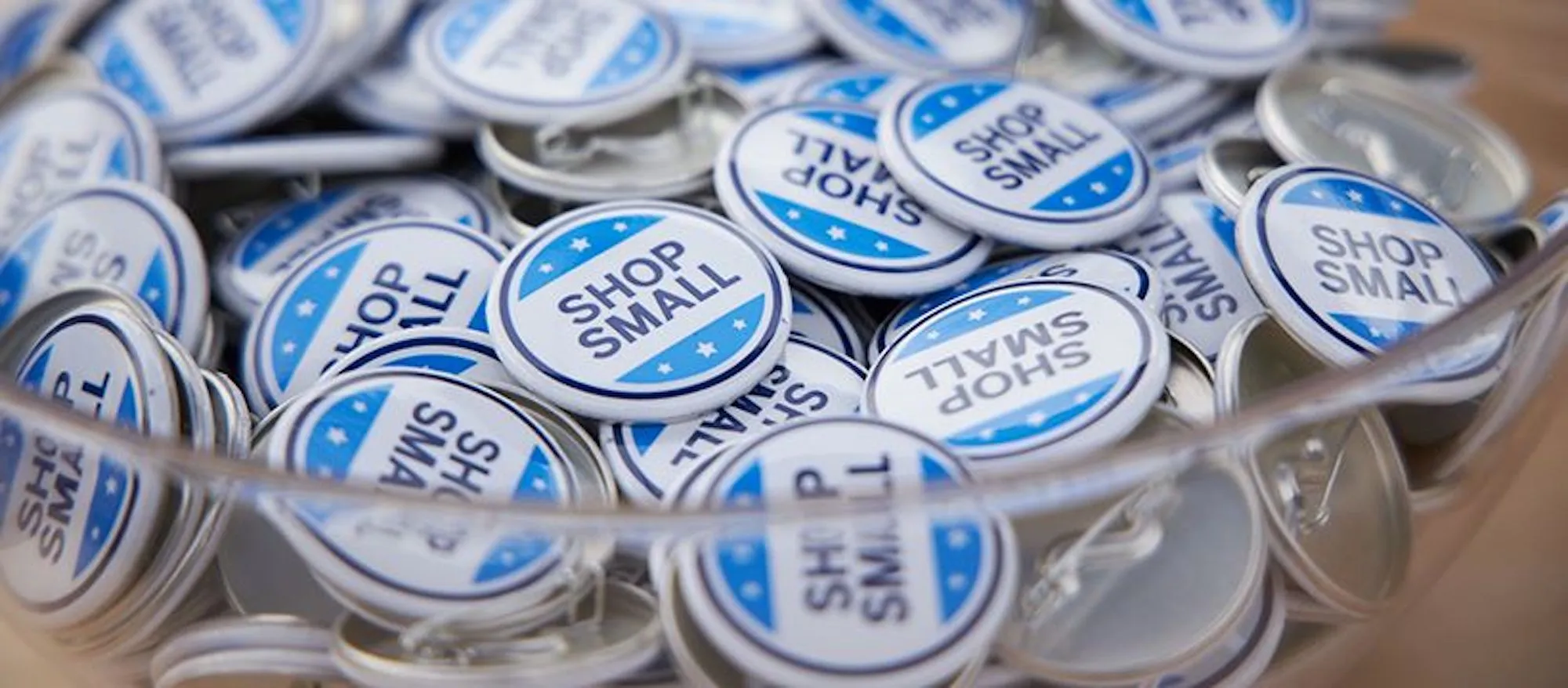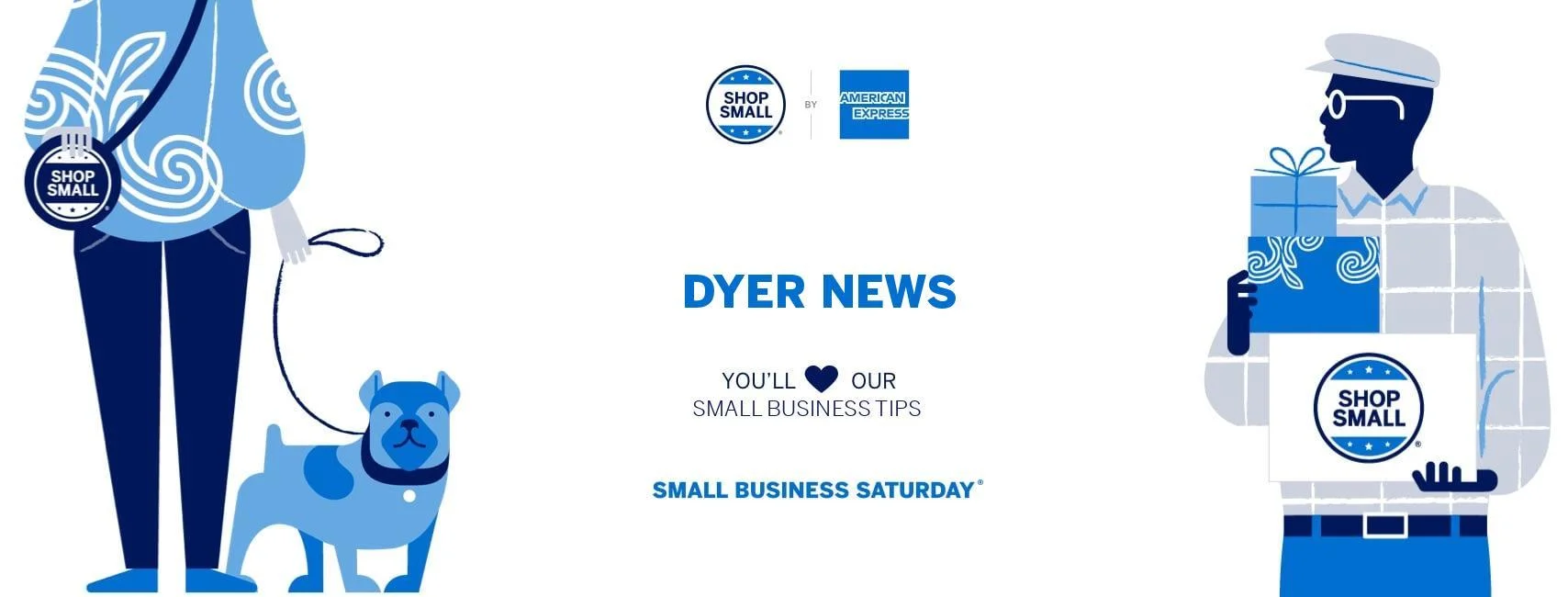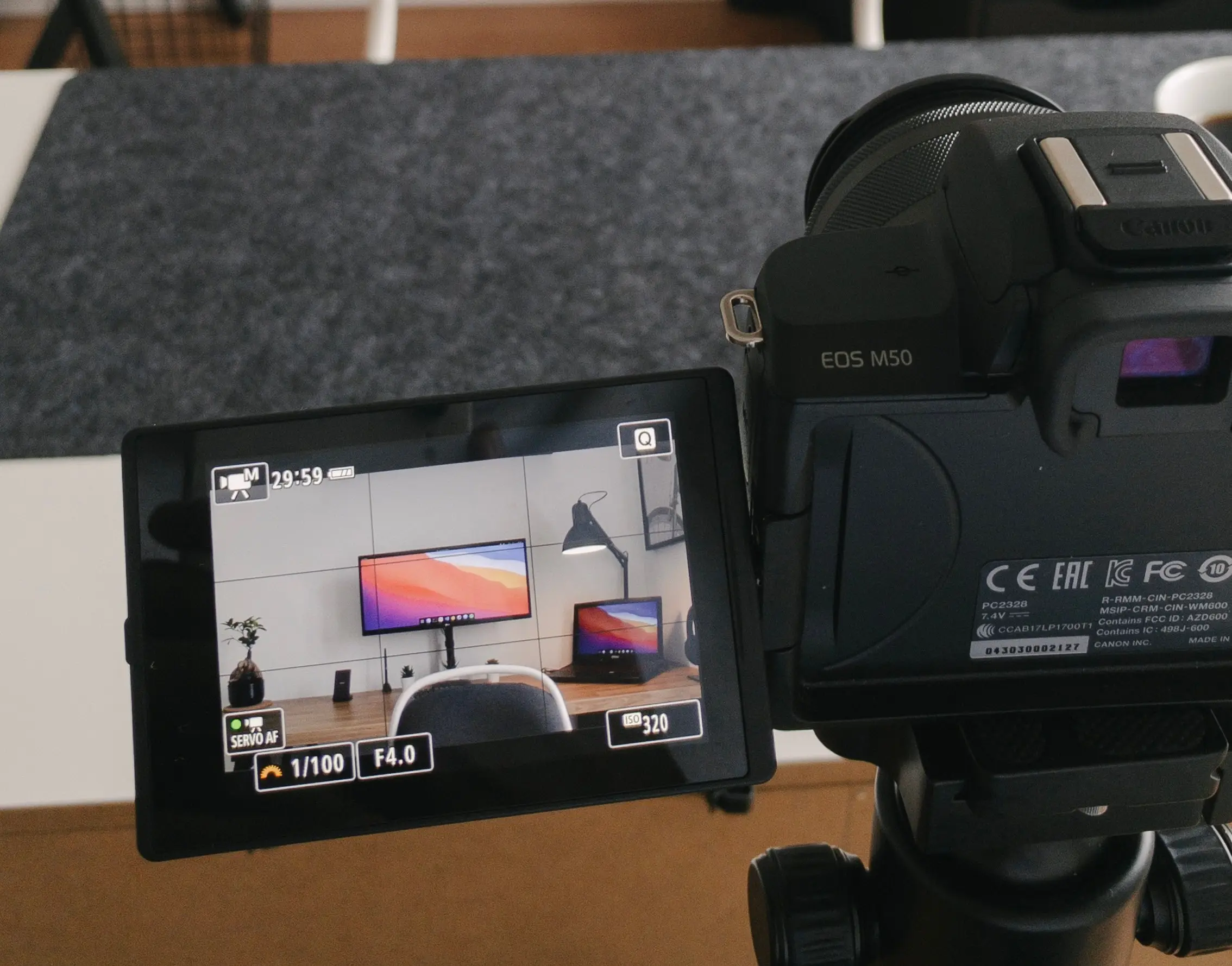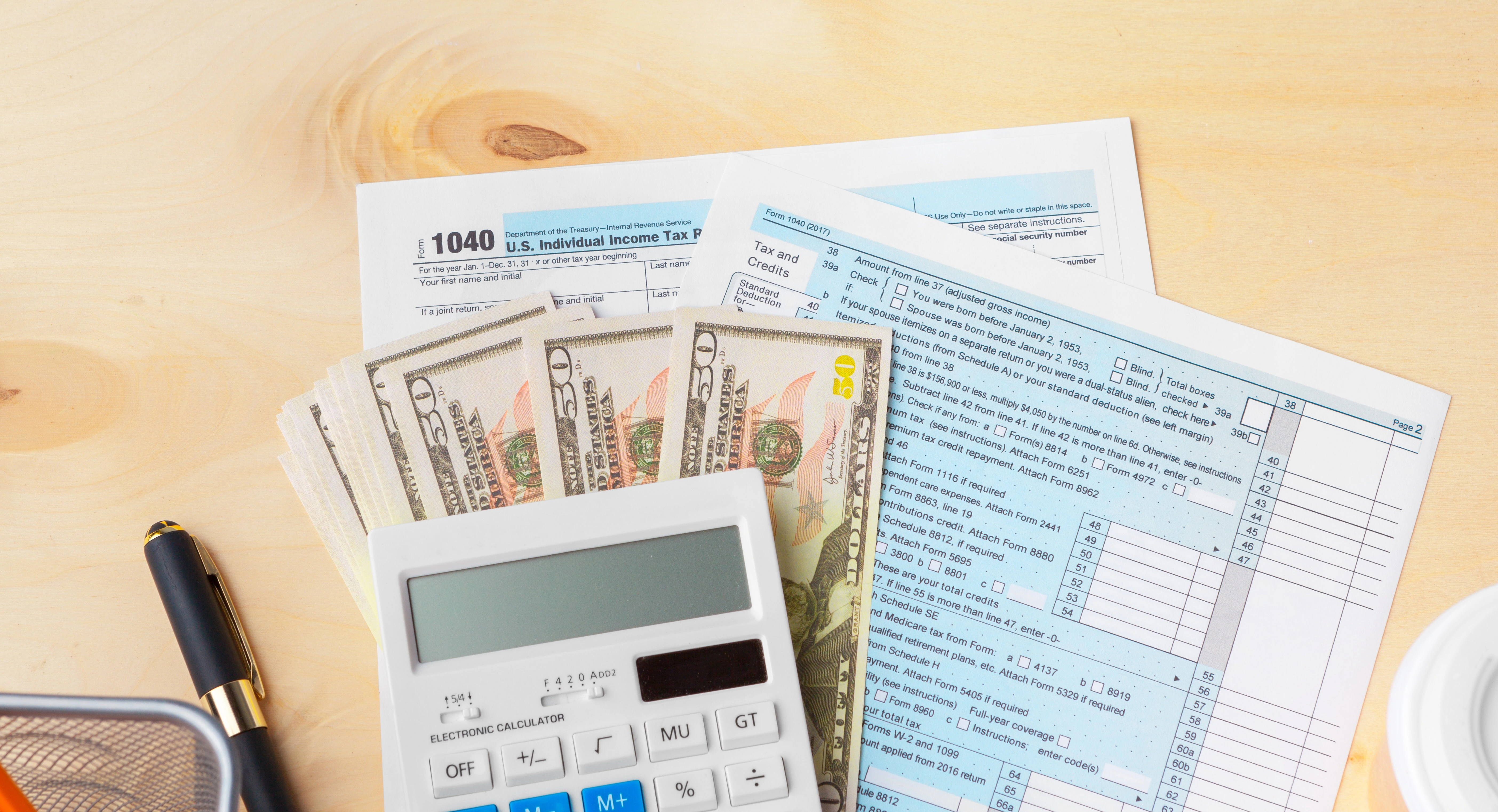Category: Small Business Tips

Small Business Tips
5 Last Minute Things to Remember for Small Business Saturday
by Fioney Staff
It’s almost here — this year’s Small Business Saturday will be held on November 26th. With 2022 promising to be the biggest SBS yet, it’s imperative that entrepreneurs across the nation take advantage of this growing retail holiday. Even if you’re just learning about this special day now, the good news is that it’s not too late for you and your business to get on board. Whether you’ve been planning... 
Small Business Tips
Countdown to Small Business Saturday: Small Business Tools
by Fioney Staff
With Small Business Saturday rapidly approaching (taking place on November 26th this year), a spotlight is once again being shined on the role of entrepreneurs. Of course, being a small business owner actually means playing multiple roles — from boss to employee and human resources to accountant. And yet one thing’s for certain: you can’t do everything by yourself. To help, there are several free and paid tools that can... 
Small Business Tips
Countdown to Small Business Saturday: Small Business Website Tools
by Fioney Staff
Does your small business have a website? Sure, having a Facebook page and other social media profiles may seem like enough to some entrepreneurs, but there are more benefits to having a site of your own — from search traffic and SEO to e-commerce — that you may not have considered. Moreover, thanks to advances in technology and some competition, building a sharp-looking and functional website is now easier and... 
Small Business Tips
8 Ways to Make Small Business Saturday a Success
by Fioney Staff
It’s almost here once again: this year’s Small Business Saturday will be held on November 26th. With the now 12-year-old holiday continually gaining popularity and importance, it’s imperative that entrepreneurs across the nation take advantage of this retail holiday — especially given the challenging few years we’re all faced. Even if you’re just learning about this special day now, the good news is that it’s not too late for you... 
Small Business Tips
5 Things I've Learned After Making 200 YouTube Videos
by Kyle Burbank
Over the weekend, I published a new video on YouTube. That might sound pretty mundane seeing as I do this approximately once a week — but, a day after posting, I learned that this particular posting wasn't as routine as it seemed. Instead, unbeknownst to me, I had just reached a milestone: publishing my 200th YouTube video (which I learned about thanks to VidIQ). Funny enough, this comes only a... 
Small Business Tips
IRS Standard Mileage Rates: What They Are and What Options You Have
by Fioney Staff
With tax season now in full swing and gas prices making it pricier to fill your tank, contractors, self-employed individuals, and small business owners may be wondering about how the IRS's standard business mileage rates work. Furthermore, since these rates are set before the year begins, there's also the chance that your actual expenses may exceed what their standard rate offers. With that in mind, let's take a look at... 
Small Business Tips
Credit Strong for Business Overview
by Fioney Staff
For small business owners, business credit can be a bit of a mystery. Not only are there separate business credit bureaus but they often have different scoring models than those consumers are familiar with. Further complicating matters is that, in some cases, business owners will rely on their personal credit to obtain financing for their businesses, perhaps leading them to not even know that business credit exists. However, with Credit... 





